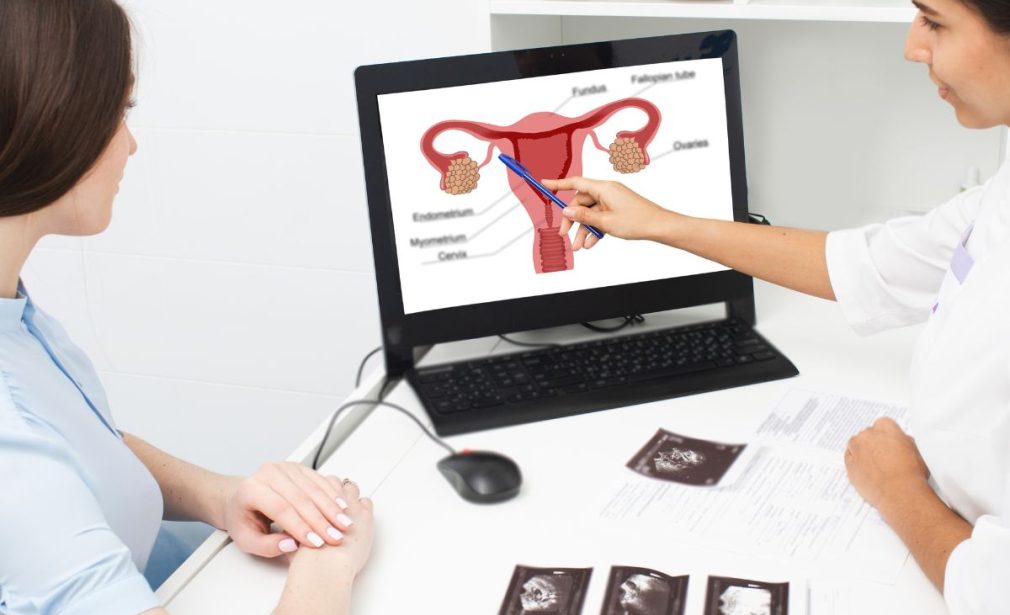What Is Endometriosis?
Endometriosis is a common and complex condition that affects more than 11% of American women. It occurs when tissue that lines the uterus, called the endometrium, grows outside this reproductive organ, which can be on the outer surface of the uterus, fallopian tubes, and ovaries. This can affect nearby organs as well.
Despite its prevalence, endometriosis can be challenging to diagnose and manage effectively.
What Are Common Symptoms of Endometriosis?
Symptoms can vary from one woman to another but commonly include inflammation, scarring, and / or chronic pelvic pain, especially during menstruation. Other signs include pain during intercourse, heavy menstrual bleeding, and gastrointestinal symptoms including bloating, diarrhea, and constipation.
How Is Endometriosis Diagnosed?
Diagnosing endometriosis often requires a combination of tools including a physical examination, ultrasound and / or other imaging tests, and a thorough health history review by a specialist. The definitive diagnosis is often made through laparoscopic surgery, during which a surgeon can visualize and biopsy the abnormal tissue.

How Is This Condition Treated?
There is no cure for this condition. Treatment is designed to manage symptoms, reduce inflammation, and improve your quality of life, as well as your overall well-being. Common treatment options include:
- Fertility treatments for those with endometriosis trying unsuccessfully to conceive
- Hormone therapy to suppress endometrial tissue growth outside the uterus
- Hysterectomy
- Laparoscopic surgery
- Pain and anti-inflammatory medication
Complementary therapies may be recommended by your gynecologist as well, such as acupuncture and supplements.
Where Can I Find Patient-Centered Care for Endometriosis in Laurel or Silver Spring?
Choose Capital Women’s Care for relief from endometriosis. You can trust our team for comprehensive care including advanced diagnostic techniques and evidence-based treatment options. Contact our Laurel location at 301-304-1830 or our Silver Spring location at 301-259-5695 to schedule your appointment today, because you don’t have to suffer any longer from this painful condition!


